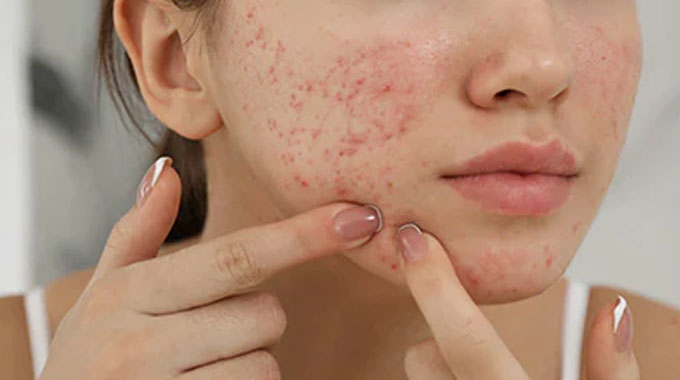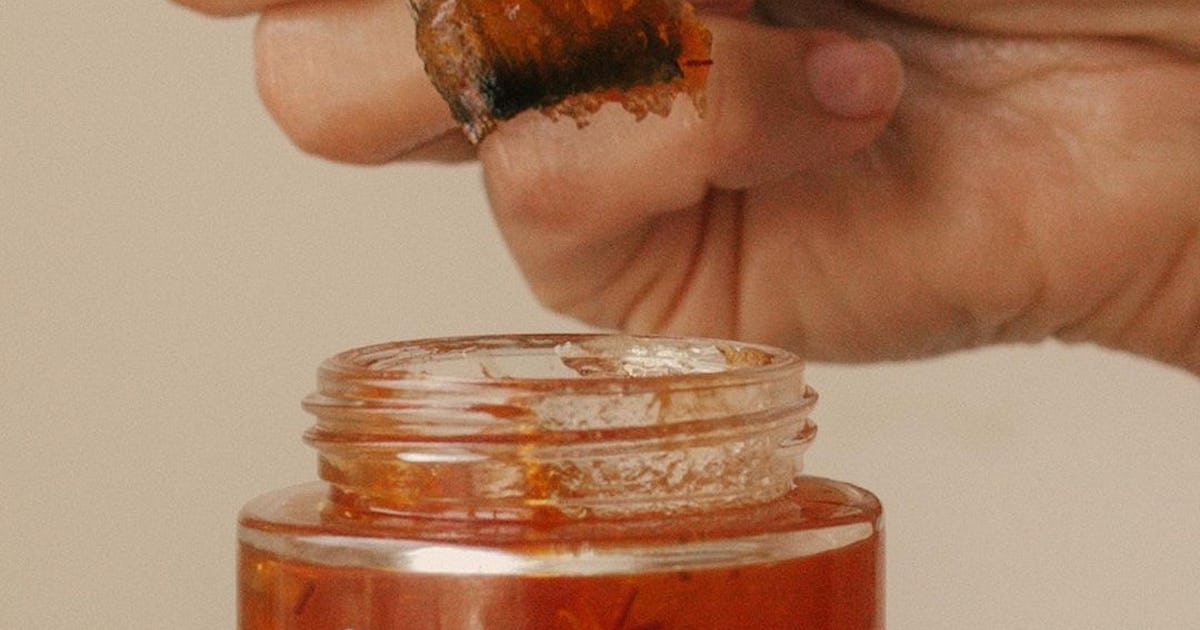How To Say Freckles, Pimples, Dimples, Cold Sore, Blackhead and Warts in Spanish
Today we will learn how to say freckles, pimples, dimples, cold sores, birth mark, mole, blackhead, and warts in Spanish. I will begin by telling about an experience that I had here in Medellin, Colombia that made me realize that it is important to know how to say these words in Spanish. This story will also help you learn these Spanish words.
Yesterday, I was supposed to start “terapia” (therapy) for my “hombro” (shoulder). I injured my shoulder here in Medellin, Colombia doing a sport called Brazilian Jiu Jitsu (or in Spanish “Jiu-Jitsu brasileño”). If you are not familiar with BJJ (Brazilian Jiu Jitsu) you can think of it as a combination of “lucha libre” (wrestling) and judo.
When I arrived ready to begin my therapy session the receptionist told me in Spanish that she had no record of my appointment. I told her that I had walked-in a few days ago when I was in the area and made my appointment in person with a completely different receptionist. But she insisted that there was no record of my appointment to begin my therapy session and that it would be necessary for me to make another appointment to begin my therapy and come back another day.
That’s when I asked her was there anything that I could do considering that she was unable to locate any record of my appointment and that I had traveled quite a distance to begin my therapy sessions.
And she then asked me about the …












![See Inside the Amazing Homes of State Music’s Queens [Pics]](https://townsquare.media/site/204/files/2020/08/tim-mcgraw-faith-hill-mansion-california-pictures.jpg?w=1200&h=0&zc=1&s=0&a=t&q=89)








/https://specials-images.forbesimg.com/imageserve/604ad3acf728cc29468fec2e/0x0.jpg?cropX1=0&cropX2=846&cropY1=47&cropY2=523)











